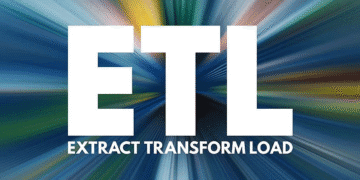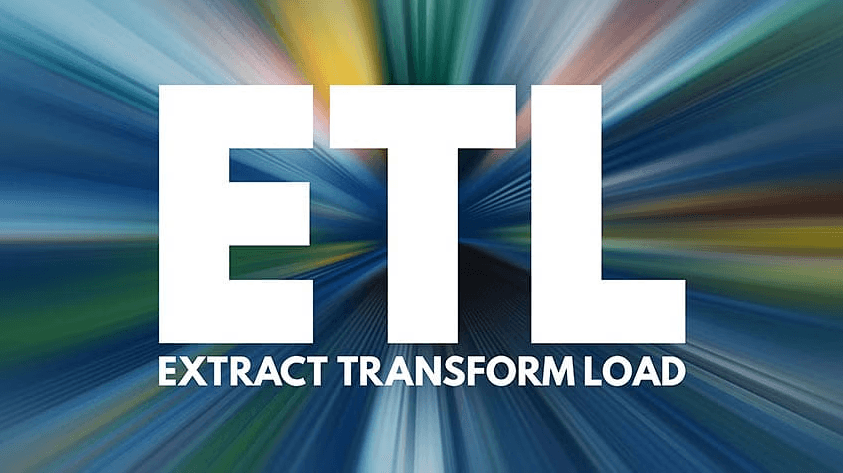DBT Bureau
Pune, 23 August 2025
Today, businesses depend on clear, accurate and well-structured data pipelines to make smart decisions.ETL (Extract, Transform, Load) plays a key role in this process by moving data from different sources into a single storage system like a data warehouse or data lake.
As the amount of data grows and rules around compliance become tighter, metadata management has become very important. Metadata, which means “data about data,” gives important details like where the data comes from, how it is changed, and how good it is. This helps businesses stay transparent, follow rules, and make data easier to use.
What is ETL Metadata and Why Does It Matter?
ETL metadata includes information about:
- Data Source Details: Where the data originates.
- Transformation Logic: Rules applied to clean and convert data.
- Load Statistics: How and when data is loaded into the target system.
- Data Lineage: The journey of data from source to destination.
With organizations adopting cloud platforms, big data technologies, and AI-driven analytics, managing ETL metadata efficiently ensures faster troubleshooting, better compliance (GDPR, HIPAA), and trust in data.
Career Opportunities in ETL and Metadata Management
The growing focus on data governance and data quality has created a surge in demand for skilled professionals in ETL development, data engineering and metadata management. Companies across banking, e-commerce, healthcare, and IT services are actively hiring for roles such as:
ETL Developer / Engineer
- Metadata Analyst
- Data Integration Specialist
- Data Governance Engineer
Professionals in these roles often work with tools like Informatica, Talend, IBM DataStage, AWS Glue, and Apache Nifi, alongside scripting languages such as SQL, Python, and shell scripting.
Skills in Demand
- Proficiency in ETL tools and SQL
- Knowledge of data modeling and data warehousing concepts
- Understanding of metadata repositories and data lineage tracking
- Familiarity with cloud platforms (AWS, Azure, GCP)
- Basic Python or Java for automation
Salary Trends: How Much Can You Earn?
- Salaries for ETL and metadata professionals vary by experience, location, and expertise:
- Entry-Level ETL Developer (0–2 years): ₹4–6 LPA (India) | $65K–$80K (US)
- Mid-Level (3–6 years): ₹8–14 LPA (India) | $90K–$115K (US)
- Senior/Architect (7+ years): ₹18–28 LPA (India) | $120K–$150K (US)
Specialized Metadata or Data Governance Experts: Often command 20–25% higher pay than traditional ETL roles.
With AI, machine learning and automation integrating into ETL workflows, professionals who upskill in cloud ETL pipelines, metadata automation and data governance frameworks will see even stronger salary growth.
Future Outlook
As organizations push toward data democratization and self-service analytics, metadata management will become even more important. Roles in this space are expected to see double-digit growth over the next five years, making ETL and metadata careers a promising choice for tech enthusiasts and data professionals.





















